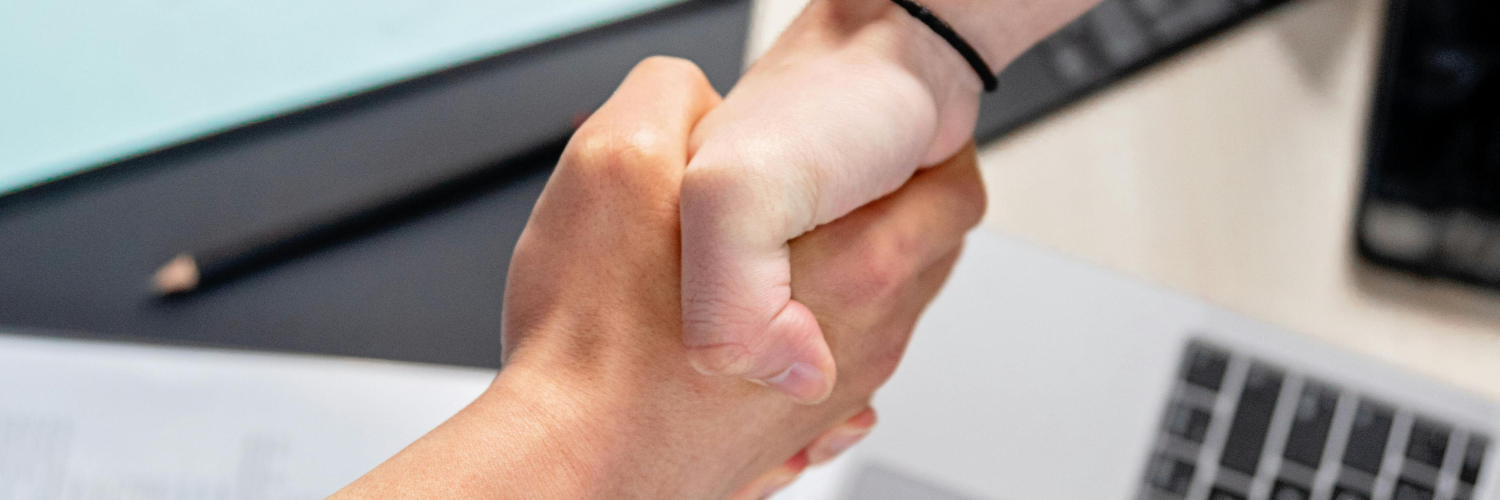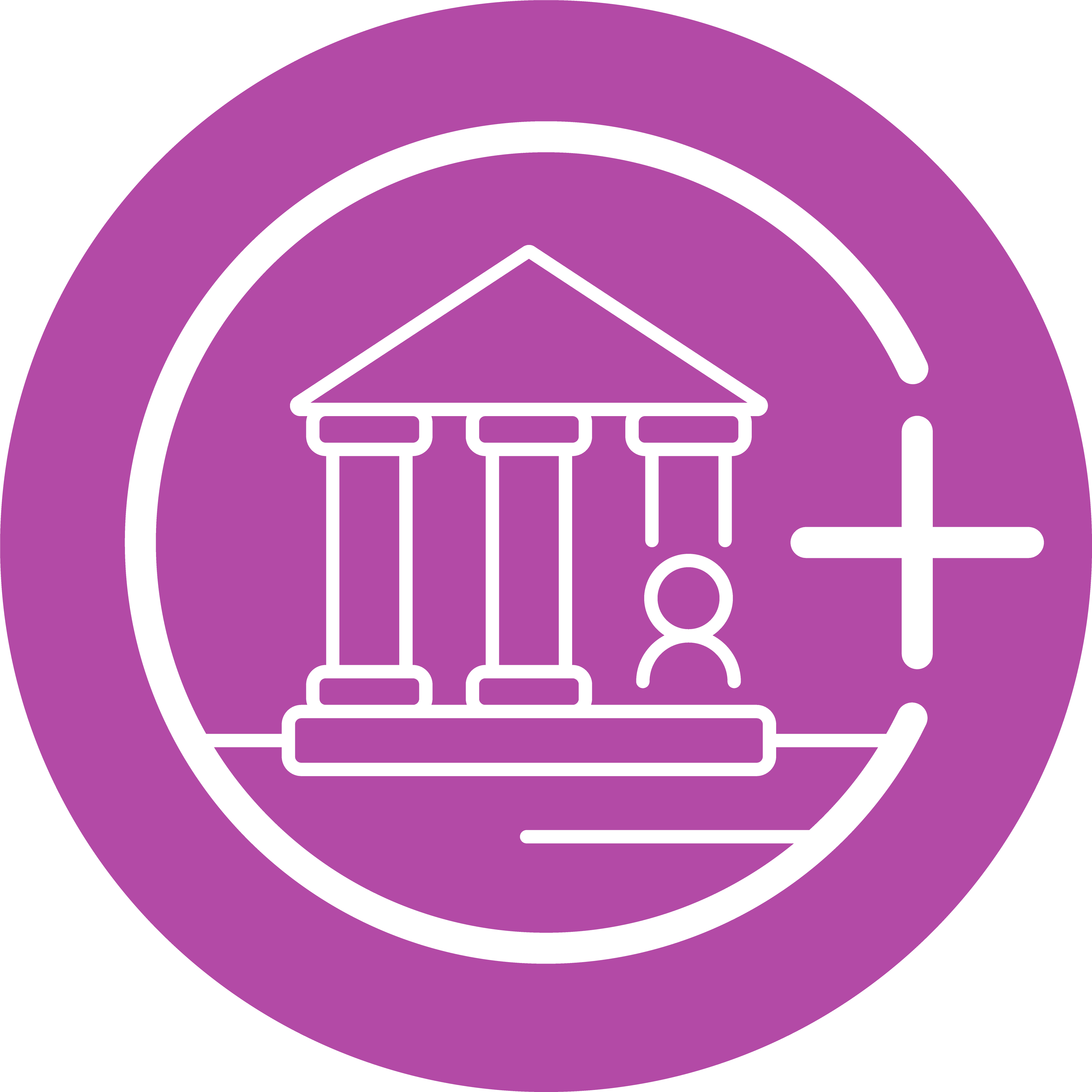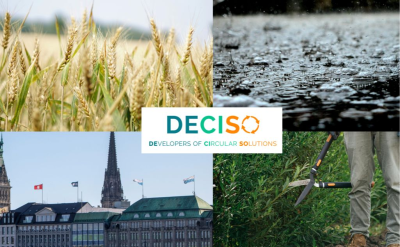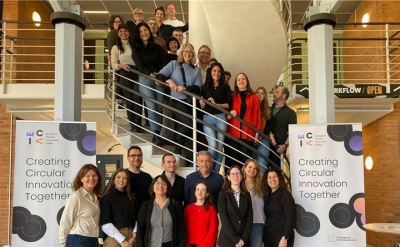News

Zoom in on ACR+’s work driving circular procurement across Europe

ACR+ is actively working to advance circular procurement practices across Europe through various initiatives and policy advocacy. In March 2025, ACR+ released a position paper outlining key recommendations for the revision of the EU Public Procurement Directives, emphasising the role of procurement in supporting sustainability and the circular economy. This paper also formed the basis of ACR+'s response to the European Commission’s public consultation on the topic.
ACR+’s position advocates for prioritising quality and sustainability over the lowest price in procurement decisions. The organisation calls for the introduction of mandatory Green Public Procurement (GPP) criteria and targets, and the simplification of procedures and reduce administrative burden for both, contracting authorities and companies. Furthermore, ACR+ highlights the need to reinforce cross-border procurement and local supply chains within the EU’s single market, alongside technical and financial measures to aid public authorities in implementing sustainable procurement.
Thanks to its appointment in the European Commission Stakeholder Expert Group on Public Procurement, ACR+ will have the possibility to directly share this position while supporting the Commission on the evaluation of the public procurement Directives. The expert group, which met for the first time in February, is launching a three-year process aimed at modernising procurement rules. The initiative seeks to enhance security of supply, foster access for EU start-ups and innovators, and promote the strategic use of procurement to create markets for clean technologies. Topics that can be expected to be touched upon are: simplification and modernisation of the legal framework, Buy EU and strategic procurement. The next meeting will be on 15 April 2025.
Complementing its policy work, ACR+ is involved in projects aimed at improving circular procurement on the ground. The Circular Minds project (designed to encourage organisations to adopt circular procurement practices by transforming people’s mindsets) has closed its situational analysis phase and is now working on the identification of good practices on scaling up pilots through mindset change. ACR+ is leveraging its growing expertise to support the Interreg Central Europe CE-PRINCE project on capacity building activities and awareness raising. The project aims to standardise circular procurement approaches across central European countries and industries. Additionally, ACR+ is joining partners in the newly approved Interreg Northwest Europe project Circular shift, which aims to accelerate the transition to circular economy by scaling up circular practices within its partners and stakeholders. The project will focus on implementing value chain collaboration methods to promote circular strategies, seeking to drive organisational change by providing tools and training to standardise circular procurement practices within participating organisations.
Last but not least, ACR+ is coordinating with its member Rijkswaterstaat the Circular Procurement Network (C-PRONE) initiative. C-PRONE has already conducted online and in-person meetings, training workshops, and maintains a repository of good practices and a circular procurement helpdesk. It organises an event on breaking down legal uncertainties to circular procurement on 16 May and will lead a parallel session on circular procurement during the ACR+ General Assembly on 11-12 June.












